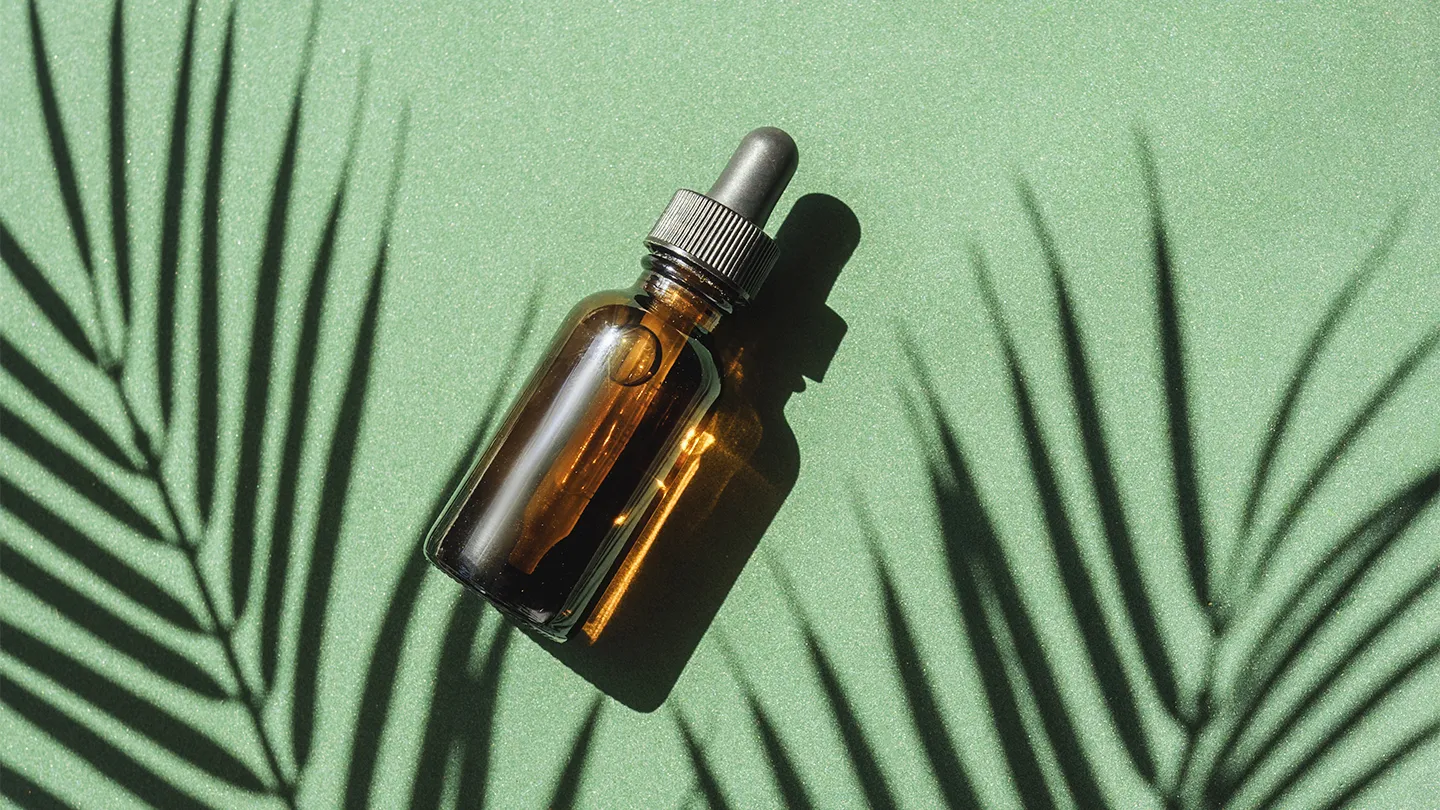
The sense of smell is powerfully linked to memory and emotion. Aromatherapy harnesses this connection, using natural plant extracts, known as essential oils, to promote physical and psychological well-being. From calming anxiety to boosting energy, these concentrated oils can be a valuable tool in your holistic wellness kit. If you’re new to essential oils, this guide will help you get started safely and effectively.
What Are Essential Oils?
Essential oils are highly concentrated volatile compounds extracted from plants—their flowers, leaves, bark, roots, or peel. They capture the plant’s scent and flavor, or its “essence.” Because they are so potent, they must be used with care and almost always diluted before application to the skin.
How Does Aromatherapy Work?
When you inhale the aroma of an essential oil, the scent molecules travel from the olfactory nerves directly to the limbic system in the brain. The limbic system is the part of your brain that plays a role in emotions, behaviors, sense of smell, and long-term memory. This is why smells can instantly trigger vivid memories or powerful emotions. This direct pathway allows essential oils to have a profound effect on your mental and physical state.
Must-Have Oils for Beginners
- Lavender: The ultimate calming oil. Perfect for reducing stress and anxiety, promoting relaxation, and aiding sleep. A few drops on your pillow can work wonders.
- Peppermint: An invigorating and stimulating oil. It can help boost energy, improve focus, and soothe headaches and digestive discomfort.
- Tea Tree (Melaleuca): A powerful cleansing and purifying agent. It’s renowned for its antimicrobial properties and is great for skin cleansing and supporting the immune system.
- Lemon: Uplifting, cleansing, and energizing. It promotes a positive mood and is a great oil for DIY cleaning products.
- Frankincense: Grounding and calming. Often used in meditation for its ability to promote deep breathing and a sense of peace. It’s also wonderful for skin health.
How to Use Essential Oils Safely
1. Inhalation (Diffusing): This is the safest and most common method. Add a few drops of oil to a water-based diffuser to disperse the scent into the air. This is great for mood enhancement and purifying the air.
2. Topical Application (Diluted): Essential oils must be diluted with a carrier oil (like jojoba, coconut, or almond oil) before applying to the skin to prevent irritation. A standard dilution is about 12 drops of essential oil per ounce of carrier oil. Always do a patch test on a small area of skin first.
3. Never Ingest Essential Oils: Unless under the guidance of a qualified healthcare professional, do not ingest essential oils. They are highly concentrated and can be toxic if swallowed.
Simple Starter Blends for Your Diffuser
- For Focus: 3 drops Peppermint + 3 drops Lemon
- For Relaxation: 4 drops Lavender + 2 drops Frankincense
- For a Fresh Home: 3 drops Tea Tree + 3 drops Lemon
- For Energy: 3 drops Orange + 2 drops Peppermint
Start with one or two oils that address a specific need you have. Purchase high-quality, pure oils from reputable sources. As you explore, you’ll discover the unique scents and benefits that work best for you, creating a personalized aromatherapy practice that supports your well-being.
